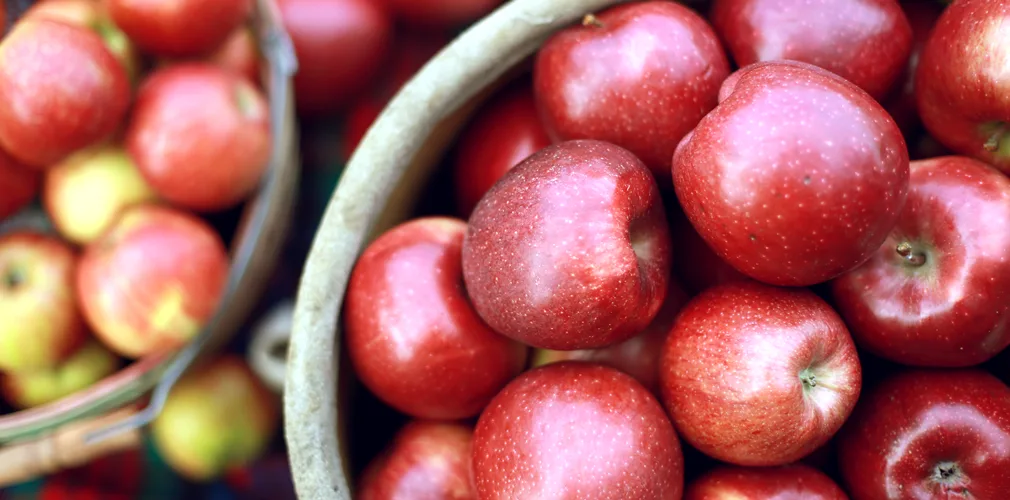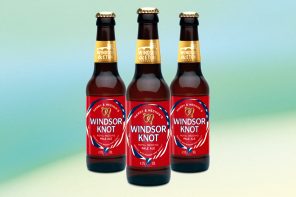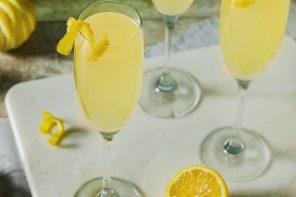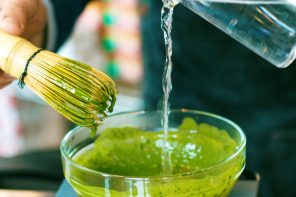It’s hard to deny that each and every year, drinkers are consuming more and more of a once neglected beverage: hard cider.
With the American market split wide open by craft brews, small batch spirits, wine and all things artisanal, those attempting to find a much fabled alternative to beer have managed to get their foot in the door. It’s now common to see ads for ciders replacing Budweiser spots during sporting events, on billboards and on primetime TV.
There’s big money behind fermented apple juice right now. Plus, many American drinkers are going through a rare and refreshing phase of experimentation. That’s to say, they’re willing to drink something that’s not an awful canned lager for once.
But there’s another important factor to which cider’s recent success can be attributed: the majority of these new ciders are dry.
Great! But, what? Aren’t all liquids wet by definition? What does it mean to call a cider ‘dry’?
Simply put, dry ciders are dry because they contain a lot less sugar.
When we think of thickness we think of molasses, syrup, pudding and other incredibly sugary things. This is no coincidence. High amounts of sugar give beverages a thick, viscous or heavy feeling often described as wet. Saccharine just has a habit of making things feel thick in our mouths. On the other hand, less sugar means less thickness, less sweetness and more of that crisp, dry feeling.
This is true across the board. Brewers and winemakers also take great care to monitor the levels of sugar that remain in their beverages after fermentation. The amount of sugar that’s left over (that doesn’t get converted into alcohol by yeast) is known as residual sugar (RS).
Far from one of the millions of useless measurements snobbier types throw around to sound smart, the amount of residual sugar in your drink is a great indicator of whether or not you’ll like it.
For this very reason, Champagnes and Sparkling Wines are classified by their residual sugar levels: a bottle of Brut contains minimal amounts of residual sugar, Demi-Sec (“half dry”) contains slightly more and on and on. Makers of ciders don’t classify their products this way. Instead, they keep it simple with ‘sweet’ or ‘dry’.
So if you’re looking to wade into the world of hard cider but want to avoid those rich, thick sugar bombs that are falling out of favor (and will definitely give you an epic hangover) make sure to keep that RS level low and get something that says ‘dry’ on the label.
Finally, please do keep in mind that even the world’s driest cider will completely and utterly soak your jeans when spilled. Avoid that, it’s not a good look.








